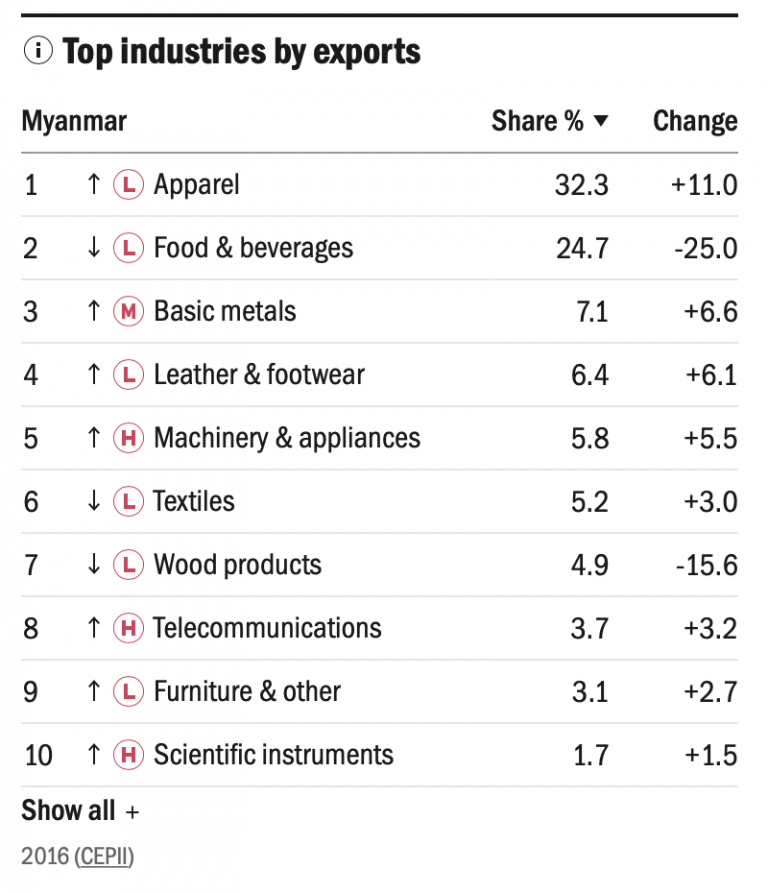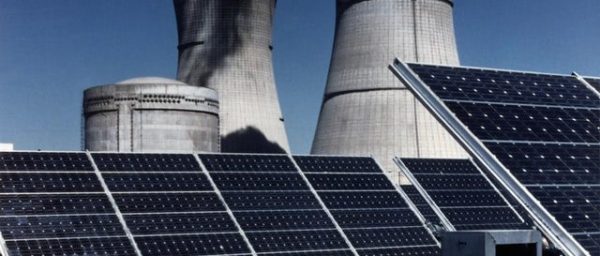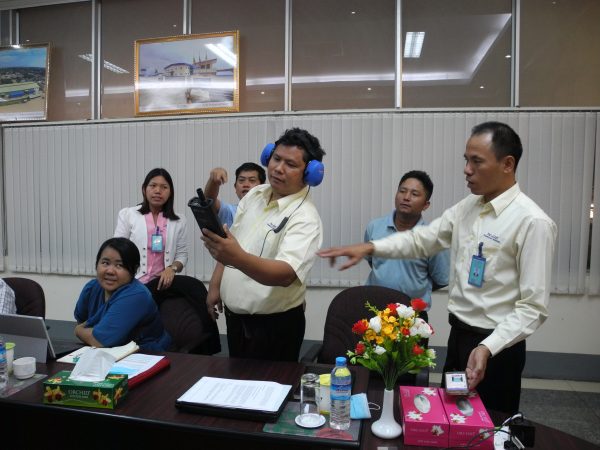Myanmar
Resource rich Myanmar looks to industrial energy efficiency for sustainable growth
Before its economic liberalisation, Myanmar spent 50 years in isolation from the global market. But now, after decades in the shadows, Myanmar has begun an economic overhaul aimed at attracting foreign investment and reintegration into the global economy. This is leading to exceptional growth in the country’s primary industries which require increasing amounts of energy to maintain production. Demand for industrial energy is expected to grow by 6.1 per cent per year, in line with industrial growth which has been increasing rapidly. Even if electricity output were to double every five years, it would take five years just to meet today’s needs, let alone accommodate future electricity demand.
Industrial energy efficiency offers Myanmar one of the most cost effective and sustainable opportunities to increase the availability of electricity. Efforts to mainstream industrial energy efficiency will also greatly help Myanmar to improve the livelihoods of its people.
Why is industrial energy efficiency important for Myanmar?
Currently only about 40 to 50 percent of Myanmar’s population have access to electricity. In rural areas, this number drops to as low as 20 percent. Industrial energy efficiency is critical to reducing the burden on the power grid and increasing access to life changing energy in developing communities.
Myanmar is one of the world’s least developed countries, but it has achieved remarkably high economic growth in recent years. This strong economic growth was also accompanied by an increase in energy consumption in all sectors. Industrial energy efficiency will greatly contribute to Myanmar’s growth ambitions by providing cost effective solutions to maintain responsible growth and poverty alleviation.
Myanmar is widely considered one of the most vulnerable countries in the world to the impacts of climate change. The industrial sector, and its energy consumption, is by far among the largest contributors to greenhouse gas emissions in Myanmar. Careful efforts must be made to regulate industrial development and energy use in Myanmar for generations to come.
Accelerating industrial energy efficiency in Myanmar
One of the main objectives of Myanmar’s National Energy Efficiency & Conservation Policy, Strategy and Roadmap is to promote energy efficiency and conservation. While some improvements have been made, an action-oriented strategy for achieving industrial energy savings is still lacking. Many daunting barriers to achieving widespread energy efficient management systems and technologies remain.
Strengthening regulatory framework and industrial energy efficiency standards throughout the country is critical for Myanmar to achieve sustainable economic growth.
Key service areas
Training and know-how
To compliment its regulatory and policy support, UNIDO is aiding the implementation of energy management systems in at least 35 industrial establishments. This includes optimization projects on energy systems such as pumps, compressed air, fans and steam. These demonstration projects will serve the purpose of: 1) consolidating the skills of the trained experts; 2) showing tangible results in energy savings and greenhouse emissions reductions; and 3) awareness raising for upscaling to other factories/companies.
Advocacy and policy support
The adoption and promulgation of a national energy management standard (EnMS), along with supporting standards which are compatible with ISO 50001, can deliver substantial and sustainable energy savings within industry and within some entities outside industry. UNIDO and partners are working with the government to establish industrial energy efficiency institutions, qualified consultants and equipment suppliers for energy system optimization. In addition to support for financing of energy efficiency investment, UNIDO aims to expand the ISO 50001 energy management system throughout Myanmar. This holistic approach will ensure the stimulation of both the demand and supply sides of the market. Ultimately the project aims for the globally recognised ISO 50001 energy management system to be adopted as a national standard.
Targets
of energy saved, roughly equivalent to powering more than 2 million Myanmar households for a month.
of GHG emissions avoided, roughly equivalent to producing 155,000 tons of cement.
guided in the implementation of energy management systems.










